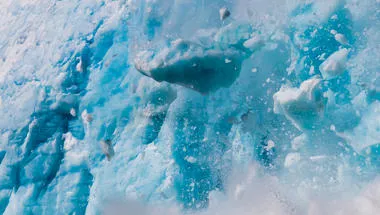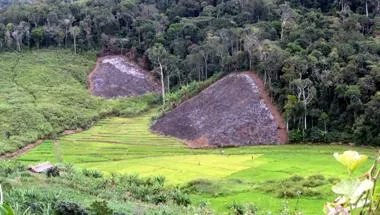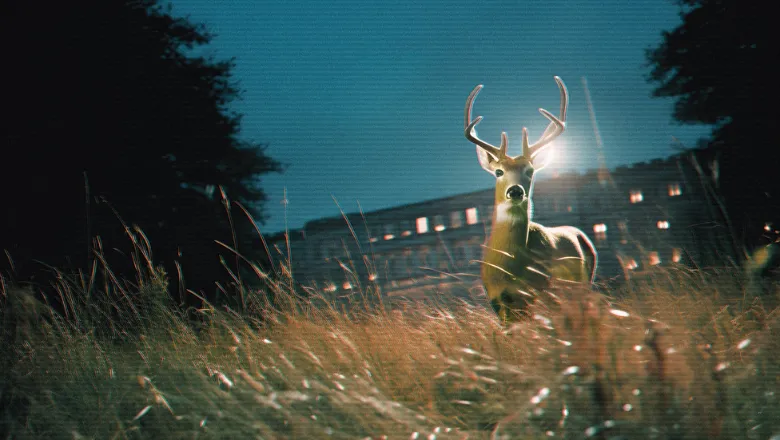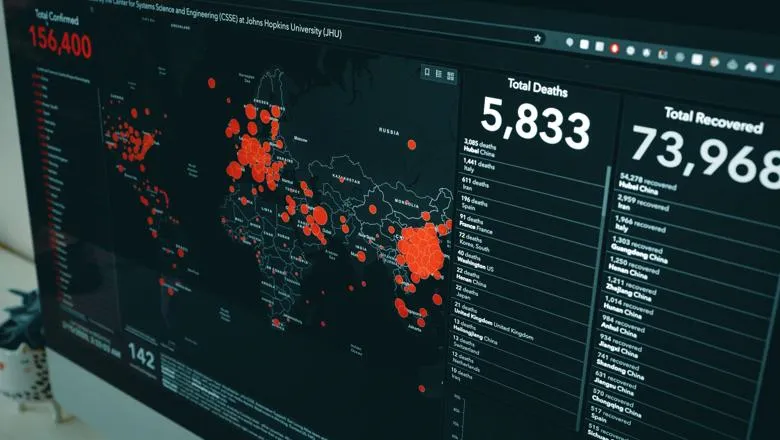
Dr Maud Borie
Senior Lecturer in Environment, Science & Society
Research interests
- Geography
Contact details
Biography
Dr Maud Borie’s work is located at the intersection of Human Geography and Science and Technology Studies (STS). Her core research area is biodiversity governance, prompted by an early interest in Ecology and the relational thinking it encourages. At the core of Maud’s interrogations is a concern over the ways in which knowledge, and whose knowledge, gets mobilised (or not), and with what socio-political implications.
On completion of her PhD analysing the making of global biodiversity expertise, Maud used similar conceptual approaches to study the development of disaster risk reduction and resilience strategies in different cities, looking at mapping practices in particular.
Maud is currently working on the politics of nature-based solutions and on green finance. She holds a PhD from the School of Environmental Sciences, University of East Anglia. She was also a visiting fellow with the Program on Science, Technology and Society at the Harvard Kennedy School of Government. Prior to that, she completed a cross-disciplinary dual master’s degree in Environmental Science and Politics at Sciences Po (French Institute of Political Sciences) and at the University Pierre and Marie Curie, in Paris.
Maud has done environment-related work with both public (e.g. UNESCO, French Audit Court) and private organisations. She has worked with the Mediterranean Wetlands Observatory and helped set up the Mediterranean Alliance for Wetlands, a network of 20+ NGOs operating in the Mediterranean region.
Research
- Environmental governance (biodiversity and climate change)
- Environmental controversies
- Relations between environmental knowledge, expertise and policy
- Creative methods for sustainability and transformative change
- Geographies of science
Maud's current research projects include:
- Mapping online engagement with nature-based solutions with Dr Jonathan Gray (Digital Humanities) and colleagues.
- Innovations in green finance with Professor Sarah Bracking.
- Innovative mapping methodologies with Dr Faith Taylor and colleagues.
Her past research projects: On completion of her PhD, Maud worked on different projects related to resilience and disaster risk reduction, in particular ‘Why we disagree about resilience’ (GCRF funded) and ‘Preparing for Extreme and Rare events in coastal regions’ (PEARL, EU-funded).
Maud has also worked on innovative instruments for biodiversity conservation (ecological fiscal transfers in particular) in the context of the SCALES project (EU-funded).
Teaching
Maud convenes:
- Environmental science and policymaking (7SSG5165, MS Climate Change: Science and Policy)
- Policy and application of Geography research (6SSG3061)
She contributes to both undergraduate and postgraduate teaching including:
- Geographies of financialisation and value-making (6SSG3087)
- Tourism, Conservation and Environment (7SSGN178)
- Qualitative research methods (5SSG2063; 7SSG5002)
PhD supervision
Maud welcomes inquiries from prospective PhD students interested in the topics above. She is particularly keen to supervise projects related to:
- Biodiversity controversies (e.g. Contested Wetlands, Rewilding, etc).
- Interaction between environmental knowledges, and Green finance.
Further details
Research

King's Climate Research Hub
Studying climate change through the relationship between science, policy and culture, particularly in the developing world.

Political Ecology, Biodiversity & Ecosystem Services
The Political Ecology, Biodiversity & Ecosystem Services (PEBES) group provides a collaborative focus for work on the social (re)production of nature, environmental conservation and resource management.

Climate & sustainability researchers at King’s
King's researchers working across climate and sustainability

Centre for Digital Culture
The Centre for Digital Culture at King’s College London is an interdisciplinary research centre promoting research and debate on digital culture

KingsCAT: Capture and Analysis Tool for Social Media Research at King’s College London
KingsCAT is an instance of the open source 4CAT: Capture and Analysis Toolkit set up to support interdisciplinary and collaborative social media research.
Project status: Ongoing
News
New installation on the Strand will imagine a climate-positive mythical world
Acclaimed design studio Superflux and King’s Culture present 'The Quiet Enchanting', an installation inspired by King’s climate and sustainability research

Listening to forests: new project explores soundscapes as method for ecological research
A new collaboration between the Departments of Geography and Digital Humanities explores how soundscapes can be used as a way to 'attend' to forest life.

Transparency around science can help 'Build Back Better' from COVID-19
New paper led by King’s academics says political and uneven access to scientific knowledge affected public trust and paved the way for ‘alternative knowledge’.

Events

AI and Data Ecologies: A Discussion Panel
The Global Digital Cultures Research Group in the Department of Digital Humanities at King's hosts a discussion panel on AI & Data Ecologies.
Please note: this event has passed.
Spotlight
Putting survivors at the centre of disaster response
When disasters hit, International NGOs go to help reconstruct in the aftermath. However this usually creates a long term dependence on humanitarian aid....

Research

King's Climate Research Hub
Studying climate change through the relationship between science, policy and culture, particularly in the developing world.

Political Ecology, Biodiversity & Ecosystem Services
The Political Ecology, Biodiversity & Ecosystem Services (PEBES) group provides a collaborative focus for work on the social (re)production of nature, environmental conservation and resource management.

Climate & sustainability researchers at King’s
King's researchers working across climate and sustainability

Centre for Digital Culture
The Centre for Digital Culture at King’s College London is an interdisciplinary research centre promoting research and debate on digital culture

KingsCAT: Capture and Analysis Tool for Social Media Research at King’s College London
KingsCAT is an instance of the open source 4CAT: Capture and Analysis Toolkit set up to support interdisciplinary and collaborative social media research.
Project status: Ongoing
News
New installation on the Strand will imagine a climate-positive mythical world
Acclaimed design studio Superflux and King’s Culture present 'The Quiet Enchanting', an installation inspired by King’s climate and sustainability research

Listening to forests: new project explores soundscapes as method for ecological research
A new collaboration between the Departments of Geography and Digital Humanities explores how soundscapes can be used as a way to 'attend' to forest life.

Transparency around science can help 'Build Back Better' from COVID-19
New paper led by King’s academics says political and uneven access to scientific knowledge affected public trust and paved the way for ‘alternative knowledge’.

Events

AI and Data Ecologies: A Discussion Panel
The Global Digital Cultures Research Group in the Department of Digital Humanities at King's hosts a discussion panel on AI & Data Ecologies.
Please note: this event has passed.
Spotlight
Putting survivors at the centre of disaster response
When disasters hit, International NGOs go to help reconstruct in the aftermath. However this usually creates a long term dependence on humanitarian aid....

